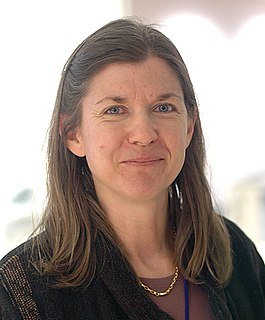A Quote by Christine Todd Whitman
The Clean Air Act of 1970 was designed to control air pollution on a national level by authorizing the development of comprehensive regulations to limit emissions.
Related Quotes
The Obama administration's Clean Power Plan was stayed by the Supreme Court. That was an historic stay. They had never stepped in at that stage in litigation and actually issued a stay for a Clean Air Act regulation. They did that because I believe the Clean Power Plan was outside of the Clean Air Act. It was outside the bounds of the law.
Today, about 40 percent of America's carbon pollution comes from our power plants. There are no federal limits to the amount those plants can pump into the air. None. We limit the amount of toxic chemicals like mercury, and sulfur, and arsenic in our air and water, but power plants can dump as much carbon pollution into our atmosphere as they want. It's not smart, it's not right, it's not safe, and I determined it needs to stop.
The Los Angeles Air Pollution Control Board is established in 1946 in an effort to discover the cause of the brown cloud hanging over the city and decide how to combat and disperse it. In 1949, after intense lobbying from both the automobile and oil industries, and against the recommendations and position of the Los Angeles Air Pollution Control Board, the public rail system, which at one time was the largest in the world, and still serves a majority of the city's population, is decommissioned and torn out. It is replaced by a small fleet of buses.
It's no secret that the environmental movement is ultimately designed to create new inroads into increased government control. All of the shots taken at emissions, the dependence on fossil fuels, and noise pollution are designed to paint those things as symptoms of a problem, with the government able to step in as the solution.

































